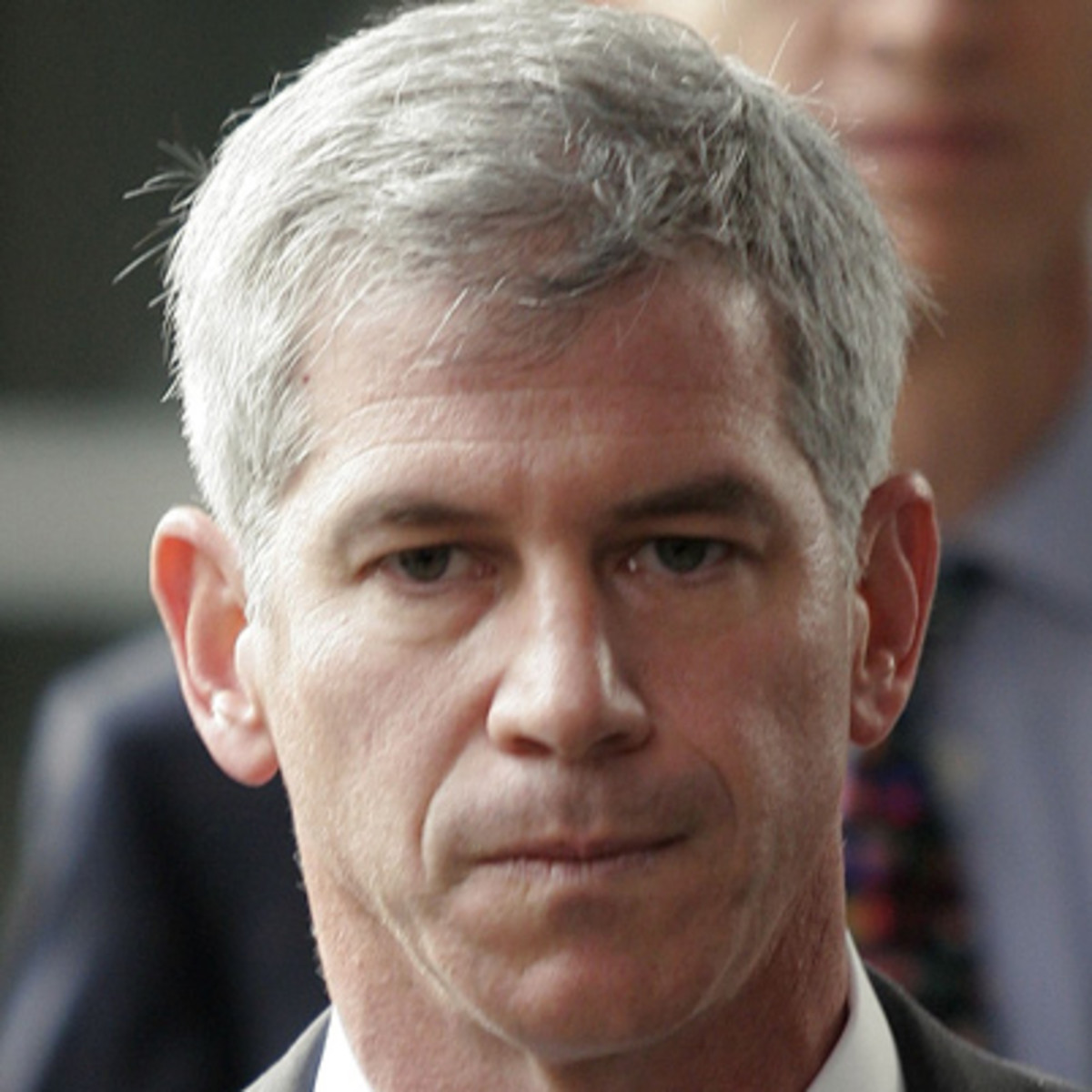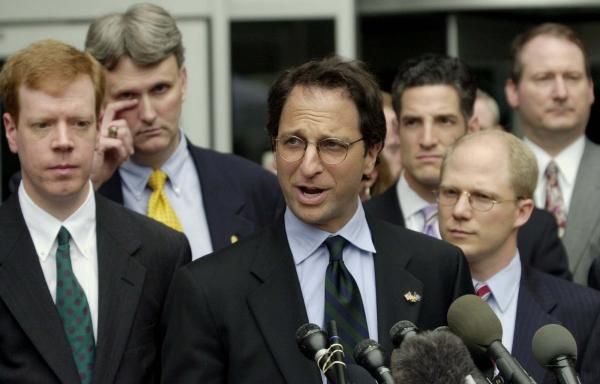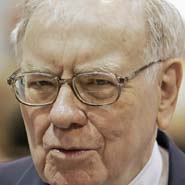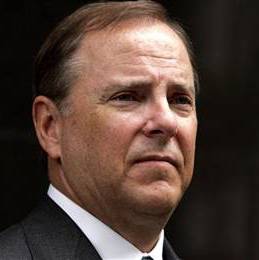 The big Enron-related news this week was the U.S. Supreme Court’s refusal to hear the appeal of the Fifth Circuit’s decision to dismiss securities fraud claims against several of Enron’s banks (Ted Frank explains the decision).
The big Enron-related news this week was the U.S. Supreme Court’s refusal to hear the appeal of the Fifth Circuit’s decision to dismiss securities fraud claims against several of Enron’s banks (Ted Frank explains the decision).
In light of the Supreme Court’s recent Stoneridge decision, the denial of the Enron-related appeal was not surprising, although I agree with Larry Ribstein that the Supreme Court should have been clearer in defining the rule against holding third parties liable for another company’s alleged securities fraud. Oh well.
Meanwhile, continuing to fly under the mainstream media’s radar screen is the growing scandal relating to the Department of Justice’s failure to turnover potentially exculpatory evidence to the defense teams in two major Enron-related criminal prosecutions (see previous posts here and here). The DOJ has a long legacy of misconduct in the Enron-related criminal cases that is mirrored by the mainstream media’s refusal to cover it.
A motion filed recently in the Enron-related Nigerian Barge criminal case describes the DOJ’s non-disclosure of hundreds of pages of notes of FBI and DOJ interviews of Andrew Fastow, the former Enron CFO who was a key prosecution witness in the Lay-Skilling trial and a key figure in the Nigerian Barge trial.
Enron Task Force prosecutors withheld the notes of the Fastow interviews from the defense teams prior to the trials in the Lay-Skilling and Nigerian Barge cases.
If the Fastow notes turn out to reflect that prosecutors withheld exculpatory evidence or induced Fastow to change his story over time, then that would be strong grounds for reversal of Skilling’s conviction and dismissal of the remaining charges against the Merrill Lynch bankers in the Nigerian Barge case.
The recent motion underscores the impact of the DOJ’s non-disclosure of the Fastow notes in both trials:
The circumstances surrounding the debriefing of Andrew Fastow by the FBI are extraordinary and suspicious. Normally, when the FBI interviews a witness, it creates a 302 contemporaneously with each interview. Here, the government held scores of interviews with Mr. Fastow over 18 months, yet compiled only one composite 302 after apparently destroying any individual 302s or prior drafts of the composite 302 that were created. This does not comport with FBI policy and is highly unusual. . . . Skilling’s Opposition [to the United Statesí Motion for Reconsideration by a Three-Judge Panel of Order Requiring it to Produce FBI Raw Notes] sheds light on this troubling and highly unusual practice:
One of Skilling’s claims on appeal is that the government impermissibly thwarted his ability to cross-examine Fastow. It did so by violating FBI policy and Brady, Giglio, and their progeny, inter alia, in (1) failing to prepare an FBI form 302 memoranda for each interview it conducted with Fastow; (b) scripting a 200-plus page composite Form 302 that masked inconsistencies, contradictions, and the evolution of Fastow’s story; (c) destroying all drafts of the composite 302s; and (d) refusing to provide Skilling with copies of the underlying raw notes from its more than 1,000 hours of interviews with Fastow.
Moreover, defense counsel in Barge I were never informed by the government that the FBI, contrary to its customary policy, had prepared only one composite 302, rather than a separate 302 for each Fastow interview. This troubling practice of compiling a single 302 to encompass thousands of hours of interviews with Fastow has effectively denied the defendants the benefit of gauging the evolution of Fastow’s story over time, and the shaping by the government of his story. It is not surprising that given these unusual circumstances, and the critical nature of Fastow’s involvement in Enron prosecutions, the Fifth Circuit took the unusual step of ordering the release of the Binders even before final briefing or oral argument in the Skilling appeal.
The motion goes on to describe the DOJ’s continued resistance to turning over the Fastow notes, even in the face of the Fifth Circuit order to do so in the Skilling appeal and the DOJ’s agreement to do so in open court in the Nigerian Barge case.
So, why is the mainstream media ignoring this scandal? Enron fatigue? Or does it not fit neatly into the media and prosecution-fueled myth that Enron was merely a financial house of cards that its managers knew would ultimately fail? Truth and justice doesn’t depend on adherence with such a myth, now does it?





 The illusory nature of the financial damages attributed to former Brocade CEO Greg Reyes’ backdating of stock options, the W$J’s Holman Jenkins — who has been the most lucid mainstream media voice condemning the witch hunt mentality that permeated the criminal prosecutions involving backdated stock options — pens
The illusory nature of the financial damages attributed to former Brocade CEO Greg Reyes’ backdating of stock options, the W$J’s Holman Jenkins — who has been the most lucid mainstream media voice condemning the witch hunt mentality that permeated the criminal prosecutions involving backdated stock options — pens 


